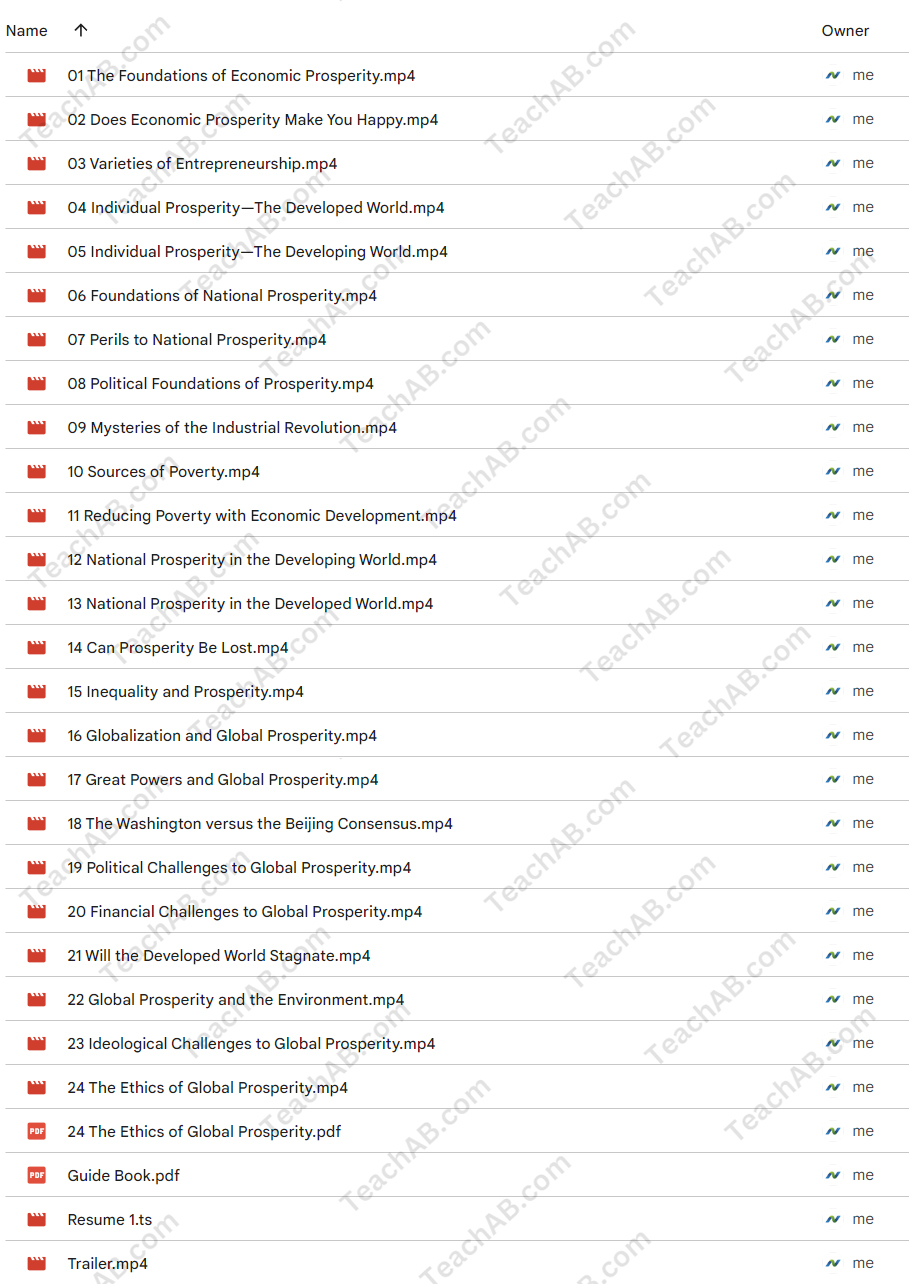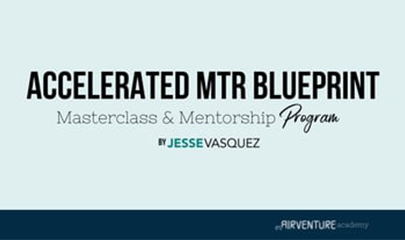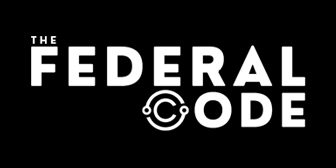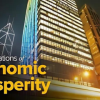-
×
 Getting Started With InDesign CC By Stone River eLearning
1 × $6,00
Getting Started With InDesign CC By Stone River eLearning
1 × $6,00 -
×
 Shooting Documentary Short Films By Griffin Hammond
1 × $5,00
Shooting Documentary Short Films By Griffin Hammond
1 × $5,00 -
×
 Write a Story By Joshua Mohr
1 × $5,00
Write a Story By Joshua Mohr
1 × $5,00 -
×
 Flipper University - Pro Flipper PLUS Package (Beg, Intermediate, Freight) By Flea Market Flipper
1 × $209,00
Flipper University - Pro Flipper PLUS Package (Beg, Intermediate, Freight) By Flea Market Flipper
1 × $209,00 -
×
 Heart Awakenings By Unlock Your Design Academy
1 × $46,00
Heart Awakenings By Unlock Your Design Academy
1 × $46,00 -
×
 Branding 101: The Complete Toolkit By Danielle McWaters
1 × $5,00
Branding 101: The Complete Toolkit By Danielle McWaters
1 × $5,00 -
×
 Blessed Instagram University By Sorelle Amore
1 × $39,00
Blessed Instagram University By Sorelle Amore
1 × $39,00
Foundations of Economic Prosperity By Daniel Drezner
$169,00 $5,00
SKU: KOB.52839UI7gEB
Category: Business
Tags: Daniel Drezner, Foundations of Economic Prosperity, Prosperity
Foundations of Economic Prosperity: A Comprehensive Review – Digital Download!
Let’s embark on a captivating adventure to uncover remarkable insights that spark your curiosity and elevate your understanding

Foundations of Economic Prosperity By Daniel Drezner
Overview

Foundations of Economic Prosperity: A Comprehensive Review
Understanding the intricate web of factors that contribute to economic success is akin to deciphering the secrets of a complex tapestry woven with threads of history, politics, and human behavior. In “Foundations of Economic Prosperity,” Daniel W. Drezner provides an expansive examination of what makes certain nations and individuals thrive economically while others languish in poverty. His 24 lectures at the Fletcher School of Law and Diplomacy at Tufts University brilliantly intertwine disciplines such as economics, psychology, sociology, and political science. Rather than merely presenting dry statistics, Drezner invites listeners on a journey through the labyrinth of global economic systems, challenging preconceived notions about wealth and happiness. This course serves not just as a textbook depiction of economic theory, but as a vital resource for understanding the multifaceted nature of prosperity.
The Contrast Between North and South Korea
Drezner begins his exploration with a striking comparison: the economic contexts of North and South Korea. This juxtaposition serves as an effective launching point for delving into key concepts such as prosperity, economic development, and the mythologies surrounding them. The stark contrast in prosperity levels between the two Koreas illustrates how political decisions and structures can influence economic outcomes. He meticulously dissects the implications of such decisions, spotlighting that economic prosperity does not necessarily translate into overall happiness.
The Easterlin Paradox
One of Drezner’s most provocative ideas is encapsulated in the Easterlin Paradox. This concept posits that while wealthier nations tend to enjoy higher average income levels, they do not necessarily experience a corresponding increase in happiness. Essentially, once basic needs are met, additional income has diminishing returns when it comes to overall satisfaction in life. This poignant observation invites critical reflection on societal values and aspirations. Are we chasing wealth without comprehending its true impact on our overall well-being? Such questions resonate deeply in modern society, where individuals often equate economic success with personal happiness.
Interdisciplinary Approach: A Unique Blend of Disciplines
Drezner’s course stands out for its interdisciplinary approach. By merging insights from various fields, he paints a comprehensive picture of what drives economic success. This method is salient as it encourages students to think beyond traditional economic metrics and grasp the complexities that underpin development.
Understanding Entrepreneurship
One of the central themes in Drezner’s lectures is the definition and role of entrepreneurship in driving national prosperity. He emphasizes that entrepreneurship is not merely about starting businesses; it is about fostering an environment where innovation can flourish. Here, he invokes real-world examples of successful entrepreneurs from various countries, highlighting how diverse socio-economic landscapes impact creative potential.
Moreover, Drezner discusses how unequal access to resources can stifle innovation and, consequently, economic growth. This leads us to consider a list of factors that can enhance or hinder entrepreneurship:
- Access to capital: Availability of funding sources for new ventures.
- Regulatory environment: Business-friendly regulations can stimulate growth.
- Education: Higher educational attainment tends to correlate with increased entrepreneurial activity.
- Cultural attitudes towards risk: Societies that encourage risk-taking are more likely to see entrepreneurial success.
The Dynamics of Inequality and Growth
The relationship between inequality and economic growth is another area where Drezner shines a spotlight. He asserts that while some level of inequality can drive innovation and competition, excessive inequality can result in social strife and hinder progress.
Political Institutions Matter
Building on this, Drezner emphasizes the role of political institutions in fostering long-term prosperity. His lectures suggest that democracies tend to create a more conducive environment for growth compared to autocratic regimes. While it’s easy to romanticize democratic systems, Drezner carefully examines the nuances that come into play.
For instance, he acknowledges the temporary successes of some authoritarian regimes, yet he argues that the lack of checks and balances often leads to unsustainable growth. Such regimes may experience rapid development initially, but typically at the cost of human rights and societal well-being. This leads to the importance of institutions that support transparency, fairness, and accountability in governance.
Global Economic Challenges: A Historical Context
As Drezner delves deeper into the course, he addresses global economic challenges that shape the landscape of prosperity today. This exploration of globalization’s historical context provides students with an understanding of the forces that have driven nations towards or away from prosperity throughout history.
The Washington Consensus vs. The Beijing Consensus
A standout aspect of Drezner’s lectures is his analysis of the contrasting frameworks governing global economic policies: the Washington Consensus and the Beijing Consensus. These two paradigms represent divergent approaches to economic policy and development, with the Washington Consensus typically advocating for free-market principles and the Beijing Consensus emphasizing state intervention.
Key Differences
| Framework | Washington Consensus | Beijing Consensus |
| Economic Model | Free market economy | State-controlled economy |
| Role of Government | Minimal intervention | Significant role in the economy |
| Policy Focus | Deregulation and privatization | State-led initiatives for growth |
| Development Strategy | Emphasis on liberalization and globalization | Focus on gradual reform and stability |
Real-World Applications and Case Studies
Throughout “Foundations of Economic Prosperity,” Drezner employs a range of real-world case studies to effectively illustrate complex concepts. By tying economic theories to practical examples, he ensures that the lessons of his lectures are not abstract but resonate with the audience on a personal level.
Engaging with Audiences
The pedagogical approach taken by Drezner has garnered appreciation from a diverse audience. His ability to engage students is evident in the feedback gathered from course participants, who often cite the clear and compelling communication of intricate ideas.
This raises an important question: How can effective teaching methods and real-world applications enhance our understanding of economics? The answer lies in Drezner’s unique ability to bridge theory and practice, making economics accessible to all.
Conclusion
In conclusion, Daniel W. Drezner’s “Foundations of Economic Prosperity” provides a vital resource for anyone seeking to understand the multi-dimensional aspects of economic growth and the principles that facilitate success on both individual and societal levels. By weaving together insights from various disciplines, such as political science, psychology, and sociology, Drezner’s lectures serve as valuable tools for grappling with the complexities of modern economies. Ultimately, this course underscores the idea that fostering an environment conducive to prosperity requires not only sound economic policies but also a deep understanding of the values and institutions that nurture human potential. In exploring these themes, Drezner challenges us to rethink what we know about wealth, happiness, and the pathways to a more prosperous future.
Frequently Asked Questions:
Innovation in Business Models: We use a group purchase approach that enables users to split expenses and get discounted access to well-liked courses. Despite worries regarding distribution strategies from content creators, this strategy helps people with low incomes.
Legal Aspects to Take into Account: Our operations’ legality entails several intricate considerations. There are no explicit resale restrictions mentioned at the time of purchase, even though we do not have the course developers’ express consent to redistribute their content. This uncertainty gives us the chance to offer reasonably priced instructional materials.
Quality Control: We make certain that every course resource we buy is the exact same as what the authors themselves provide. It’s crucial to realize, nevertheless, that we are not authorized suppliers. Therefore, the following are not included in our offerings: – Live coaching sessions or calls with the course author.
– Entry to groups or portals that are only available to authors.
– Participation in closed forums.
– Straightforward email assistance from the writer or their group.
Our goal is to lower the barrier to education by providing these courses on our own, without the official channels’ premium services. We value your comprehension of our distinct methodology.
Be the first to review “Foundations of Economic Prosperity By Daniel Drezner” Cancel reply
You must be logged in to post a review.



















Reviews
There are no reviews yet.